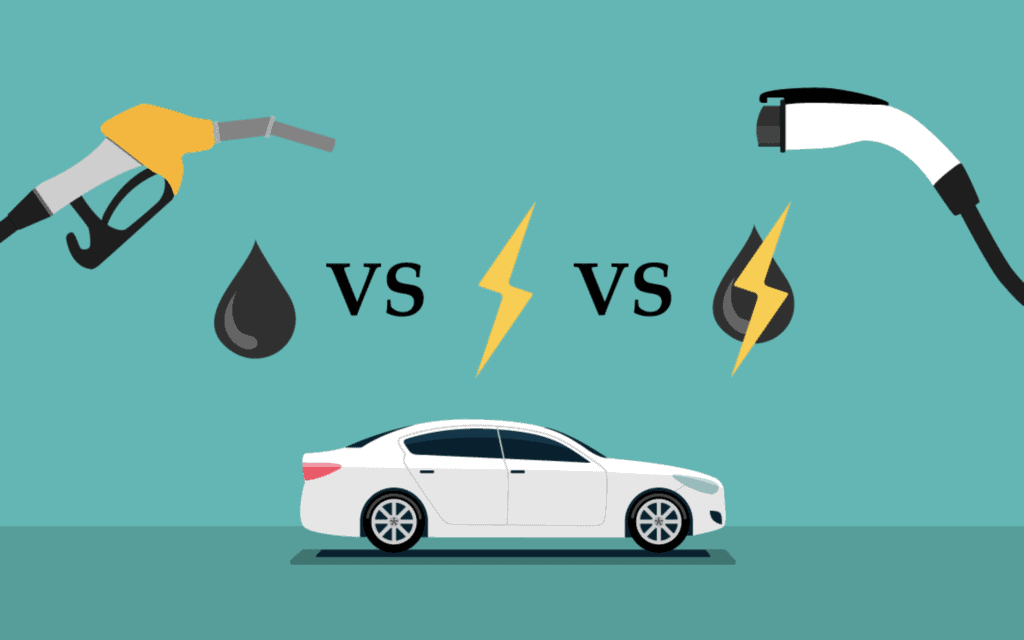Electric Cars:
-
All-Electric Operation:
- Electric cars (EVs) run solely on electricity stored in batteries, producing zero tailpipe emissions. They do not require any gasoline or produce tailpipe pollutants.
-
Lower Operating Costs:
- EVs are generally cheaper to operate compared to gasoline-powered vehicles. Electricity is cheaper than gasoline, and EVs have fewer moving parts, which means lower maintenance costs.
-
Environmental Benefits:
- EVs contribute to reduced air pollution and greenhouse gas emissions when charged with clean energy sources. They also reduce our dependence on fossil fuels.
-
Quiet and Smooth:
- Electric motors are quiet and provide smooth acceleration, resulting in a pleasant driving experience.
-
Charging Infrastructure:
- Charging stations for electric vehicles are becoming more prevalent, especially in urban areas. Home charging options are also available, making it convenient for many EV owners.
Consider Electric Cars If:
- You have a reliable place to charge the vehicle.
- Your daily driving needs fall within the car's electric range.
- You prioritize reducing your carbon footprint and have access to clean energy sources.
Hybrid Cars:
-
Gas-Electric Combination:
- Hybrid cars combine an internal combustion engine with an electric motor. They use both gasoline and electricity for propulsion.
-
Increased Fuel Efficiency:
- Hybrids are more fuel-efficient than traditional gasoline cars. They can switch between the gasoline engine and electric power, saving you money on fuel costs.
-
Regenerative Braking:
- Hybrids often employ regenerative braking to capture and store energy during deceleration, which is then used to power the electric motor.
-
No Range Anxiety:
- Unlike pure electric cars, hybrids do not have range limitations. They can operate on gasoline when the battery is depleted, so you don't have to worry about running out of charge.
-
Widely Available:
- Hybrids are widely available from various manufacturers and come in a range of sizes and styles.
Consider Hybrid Cars If:
- You need a vehicle for longer commutes and road trips.
- You want to improve fuel efficiency and reduce your carbon footprint without relying solely on charging infrastructure.
- You prefer a familiar driving experience similar to conventional cars.
Ultimately, the choice between an electric car and a hybrid depends on your driving habits, charging access, environmental concerns, and budget. It's important to evaluate your daily commuting needs and consider the availability of charging infrastructure in your area. Many drivers find that a pure electric car is suitable for their daily routine, while others prefer the flexibility of a hybrid, especially for longer journeys.




Comments (0)